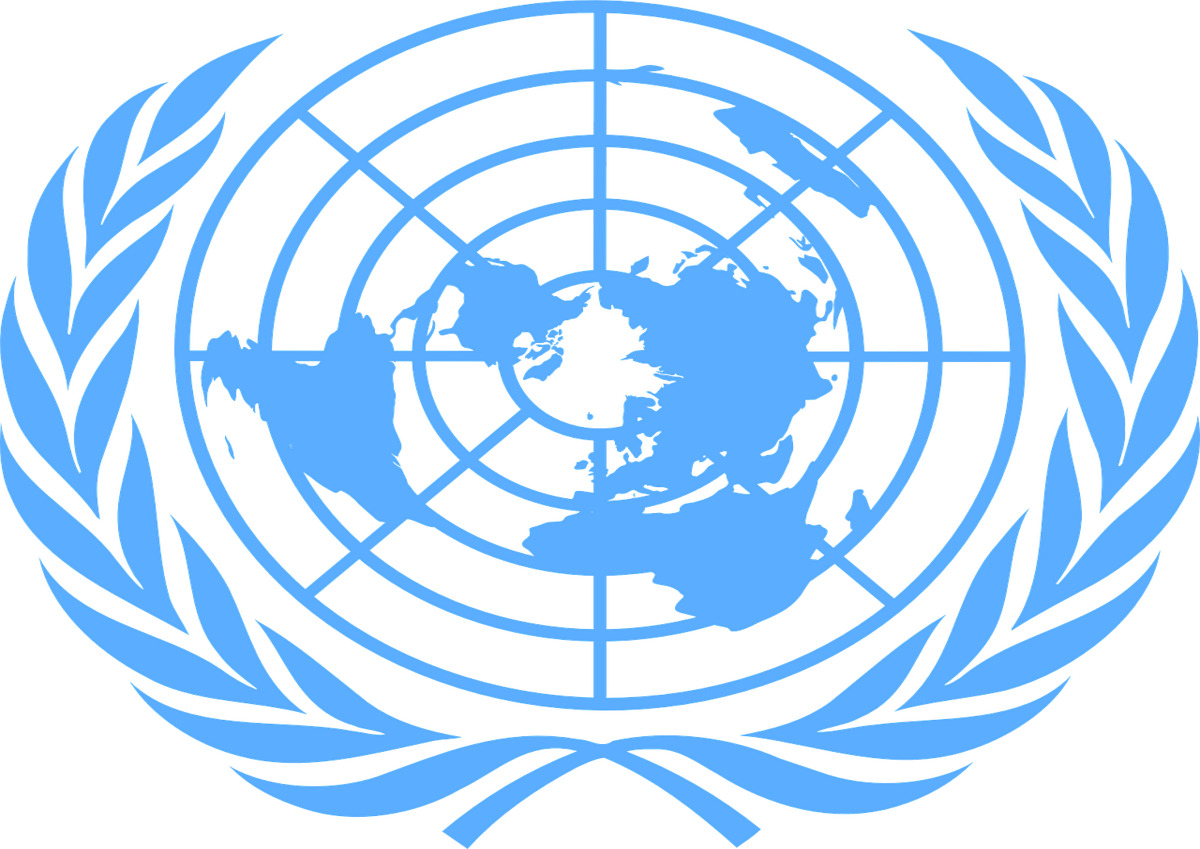The United Nations Internet Governance Forum (IGF) has embarked on a pioneering venture in governance and technology by launching a pilot program to establish a Decentralized Autonomous Organization (DAO). Revealed on December 21, 2023, this endeavor signifies a noteworthy stride in investigating the utilization of blockchain technology within public sector institutions.
Championed by the IGF’s Dynamic Coalition on Blockchain Assurance & Standardization, the initiative seeks to showcase the capabilities of DAOs in cultivating transparent, rule-oriented governance frameworks. It holds the promise of transforming the operational dynamics of public sector entities.
The UN Spearheads Governance Evolution with Blockchain
The UN-IGF is advancing a groundbreaking initiative leveraging blockchain technology to transform governance structures. The Dynamic Coalition on Blockchain Assurance & Standardization (BSA) spearheads this effort. The coalition also investigates the potential of blockchain and DAO principles in enhancing governance, while emphasizing transparency and integrity as a focus.
A Glimpse into DAOs
Decentralized Autonomous Organizations (DAOs) represent disruptive organizational models, revolutionizing traditional management structures. They function as internet-native communities governed by predefined processes. These contracts manage decision-making processes and treasury functions without centralized leadership.
Participation hinges on governance tokens, empowering members with voting rights on proposals spanning resource allocation to project development. This decentralized approach fosters transparent decision-making and community involvement.
DAOs have many advantages. Their open-source nature enhances financial transparency and operational efficiency, fostering collaborative innovation and adaptability. New avenues emerge in crowdfunding, venture capital, and organizational frameworks.
Despite their potential, challenges persist. Their emergence as an entity creates uncertainty in legal frameworks and compliance. Technical vulnerabilities and potential manipulation threats pose risks.
However, DAOs hold immense promise. They offer a glimpse into a future characterized by democratic governance, shared ownership, and community-driven decision-making. As technology and legal frameworks evolve, DAOs may reshape collaboration and organizational structures across sectors.
By leveraging blockchain technology, the initiative aims to exhibit its applicability in the public sector, fostering collaboration and responsible adoption of emerging technologies. The Government Blockchain Association (GBA) hosts the Dynamic Coalition and provides avenues for stakeholders to contribute to this groundbreaking initiative.
Charting the Path Towards DAO Implementation
The pilot project utilizes technology provided by Gosh, an Ethereum Layer 2 solution and GBA member. Multiple GBA working groups, including Application Architecture, Digital Asset Management, DAO Governance, and Legal and legislative, are actively involved to ensure comprehensive development and execution.
Consequently, the initiative welcomes individuals to participate in the project. The UN IGF BAS-DC Google Group is a platform for engagement and updates, allowing interested parties to join and monitor progress.
Essentially, the UN-IGF’s pilot initiative to establish a DAO represents a monumental leap in reshaping public sector governance. By harnessing blockchain technology, the project endeavors to create a governance model that is more transparent, efficient, and community-driven.
The move showcases the UN’s dedication to innovation and technological progress and sets a precedent for blockchain’s effective integration into public sector operations. As this initiative progresses, it could herald a new era of governance, emphasizing decentralized, blockchain-based systems in public sector functions.
UNHCR: Decentralized ID and ZK-Proofs Crucial for Refugee Safety
In related news, the United Nations’ innovative approach to blockchain adoption extends beyond DAO. The body also embraces cryptocurrency wallets to provide financial aid to refugees. Zero-knowledge proof (ZK-proof) technology is another critical tool that safeguards refugee safety.
According to Carmen Hett, treasurer of the Division of Financial and Administrative Management for the UN High Commission for Refugees (UNHCR), decentralized identity through ZK-proofs is critical to ensuring refugees crossing borders maintain their safety.
Refugees face significant challenges in verifying their identity, often dependent on their home government, which complicates accessing essential services and opportunities in host countries.
Hett proposed ZK-proofs as a potential solution—a cryptographic protocol enabling proof of a statement’s truth without disclosing its contents, commonly integrated into digital identity systems.
ZK-proofs offer a means to prove one’s identity without revealing original documentation to verifiers or other parties, ensuring privacy. Despite their potential, Hett emphasized increased regulatory support to bolster adoption.
In December 2022, the UNHCR initiated a pilot project delivering USD Coin stablecoin to wallets accessible by Ukrainian refugees affected by the Ukraine-Russia war, facilitating their access to fiat currency, clarified Hett.








